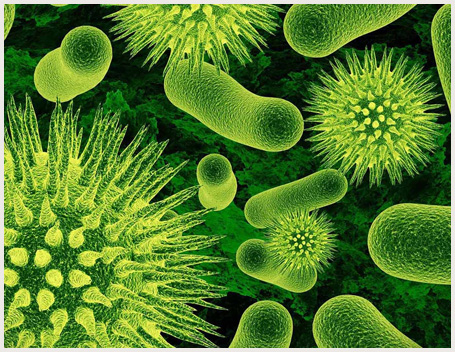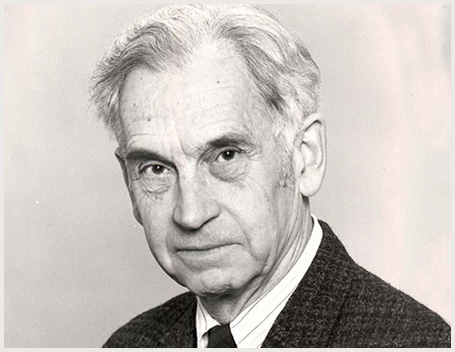
It is surprising how few people have actually ever read Darwin’s On the Origin of Species by the Means of Natural Selection (1859) since it is referenced abundantly and considered a foundational event in evolutionary biology. It is not surprising then that it is generally unappreciated that Darwin did not actually answer the specific question of exactly how species arise. Instead, he proposed that evolutionary development proceeds through differential reproductive success, through competitive natural selection and also championed the concept of descent by gradual modification. But, there is a long list of scientists that have offered credible and thought provoking books to further explain evolutionary development and speciation and many of these were critical to the construction of the ideas underlying of…Read More

There are currently estimated to be at least 100 trillion microbes that are in and on us — bacteria, viruses, fungi and others. They outnumber our innate cells by a factor of 10 to 1 or more. We cannot do without many of them for proper function of our brains, gut, central nervous and immune systems.They cannot exist as they want without us. Some researchers have begun to view organisms as multi-species units but remain constrained by retaining an outmoded model of ‘host’ and ‘guest’ with respect to those interacting species. However, instead of viewing organisms as inherent singularities or even as a group of linked singularities, it is more accurate to regard organisms as united vast collaborative enterprises. These consist of…Read More

It is not well recognized that Darwin in his book On the Origin of Species did not specifically explain how a species originates but discussed how an organism became fitter and better adapted gradually over time. Even during his lifetime, others pointed out the problem of dilution of favorable traits by blending within the reproductive population. George Romanes, one of Darwin’s academic friends, emphasized variation in reproductive ability as a source of new species and coined the term Neo-Darwinism. From that time forward and through successive iterations, the core concept of Neo-Darwinism has remained rooted in variation. Natural selection drives evolution based on that variation. In a modern context, that variation is produced by genetic mutation and genetic recombination. Despite vigorous discussion, Darwin’s…Read More

Cognition-Based Evolution is a modern theory of evolution that is entirely centered within the context of all organisms as hologenomic beings. In viewing the cell as the basic agency of evolutionary change and viewing natural selection as a filter instead of a driving force, it stands apart from Neo-Darwinism. What are the major tenets? Evolutionary development must start from a new biologic base compared to the Modern Synthesis. All cells are cognitive. There is a base level of awareness at the cellular level that permits limited discriminative preference as to cell status. All cells seek to maintain themselves within a narrow functional boundary. This is termed homeostasis and is a fundamental property of cells. Importantly, each cell can cooperate and…Read More

The publication of Charles Darwin evolution theory found in Origin of Species in 1859 and the Descent of Man in 1871 initiated a clamorous public and scientific debate that remains unabated today. His insightful analysis of the means of evolution by natural selection and descent by gradual modification has undergirded the discussion and investigation ever since.Interestingly, Darwin was not the first to propose evolution by natural selection. New York University geologist Michael Rampino argues that there was an earlier theory of selection and gradual evolution advanced by Scottish horti-culturalist Patrick Matthew in the 1831 book, Naval Timber and Arboriculture, prior to the publication of Darwin’s work. Matthew further elaborated on this speculation in 1860. In those works, Matthew clearly stated the idea of natural selection as fundamental to the origin…Read More

